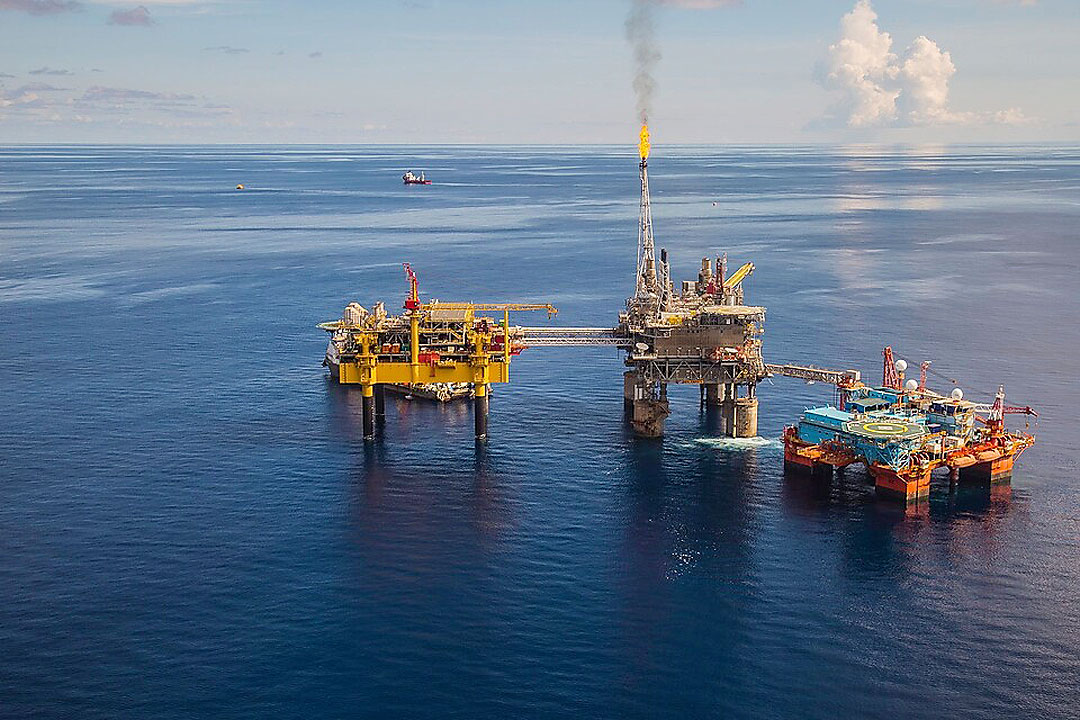 BW FILE PHOTO
BW FILE PHOTOBy Kenneth Christiane L. Basilio, Reporter
PHILIPPINE lawmakers should come up with a measure that will provide the legal framework for maritime research in the South China Sea to boost the country’s entitlements to natural resources in contested areas amid worsening tensions with China, political analysts said.
This would let the Philippines to explore and exploit mineral-rich waters and strengthen its claims, said Josue Raphael J. Cortez, a diplomacy lecturer at the De La Salle-College of St. Benilde.
“There is an enormous risk that we do not have specific policies yet concerning such action within the disputed waters,” he said in a Facebook Messenger chat.
A top Philippine security official last week urged lawmakers to craft more laws bolstering the country’s entitlements and sovereign rights in its exclusive economic zone (EEZ) in the South China Sea. Manila already has laws governing territorial boundaries and international transit within its waters.
The Philippines remains locked in a long-standing dispute with China over features in the sea that often leads to confrontations. A United Nations-backed tribunal in The Hague in 2016 voided China’s sweeping claims for being illegal.
The tribunal ruled that China had interfered with Filipino fishermen’s right to access Scarborough Shoal, a prime fishing patch that is close to major shipping lanes, and that the energy-rich Reed Bank lies within the Philippines’ 200-nautical-mile EEZ.
Efforts to drill at Reed Bank for its oil and natural gas reserves have been hampered by the sea dispute. The feature may hold as many as 5.4 billion barrels of oil and 55.1 trillion cubic feet of natural gas, according to a 2013 report by the US Energy Information Administration (EIA).
Having a law allowing the exploration and exploitation of resources within the Philippines’ EEZ is crucial as the country seeks to diversify its power mix and fast-track its transition to renewable energy, House of Representatives Assistant Minority Leader and Party-list Rep. Sergio C. Dagooc, who is a member of the chamber’s energy panel, told BusinessWorld.
“It’s very important to concretize our claim over that area,” he said by telephone in Filipino, referring to Reed Bank. “Because if we venture into liquefied natural gas (LNG), but we still rely on imported supplies, it might lead to higher electricity costs.”
He said he would file a bill that would establish a legal framework for the country’s natural resource exploration in the South China Sea in the 20th Congress, which will open in mid-July.
“The crucial point here is that the bill should not come across as antagonistic to other claimant states,” Mr. Dagooc said.
Brunei, Indonesia, Malaysia, Taiwan and Vietnam also claim parts of the waterway, which is said to contain 11 billion barrels of untapped oil and 190 trillion cubic feet of natural gas, according to the EIA.
Policymakers should also look at criminalizing “illegal foreign activities” within Philippine waters, said Rocio Salle Gatdula, a defense economist taking up security studies at Georgetown University.
“New legislation should also criminalize illegal foreign activities, such as unauthorized fishing or resource extraction in Philippine waters, and require foreign vessels to secure prior clearance to emphasize both deterrence and legal clarity,” she said via Messenger chat.
The government should also engage with coastal communities via public information dialogues to inform fisherfolk of their maritime rights, she said. “This would increase vigilance within citizens as a key part of national maritime security.”
Lawmakers should not reallocate the budget allotted for the Philippine military’s modernization program during congressional hearing set later this year, said Michael Henry Ll. Yusingco, a senior research fellow at the Ateneo Policy Center.
“Efforts should be exerted to prevent the budget for the Armed Forces of the Philippines’ modernization program from being cannibalized by Congress,” he said in a Messenger chat.
The government should also ensure the proper management and implementation of the country’s Self-reliant Defense Posture law, he added.

 5 hours ago
1
5 hours ago
1


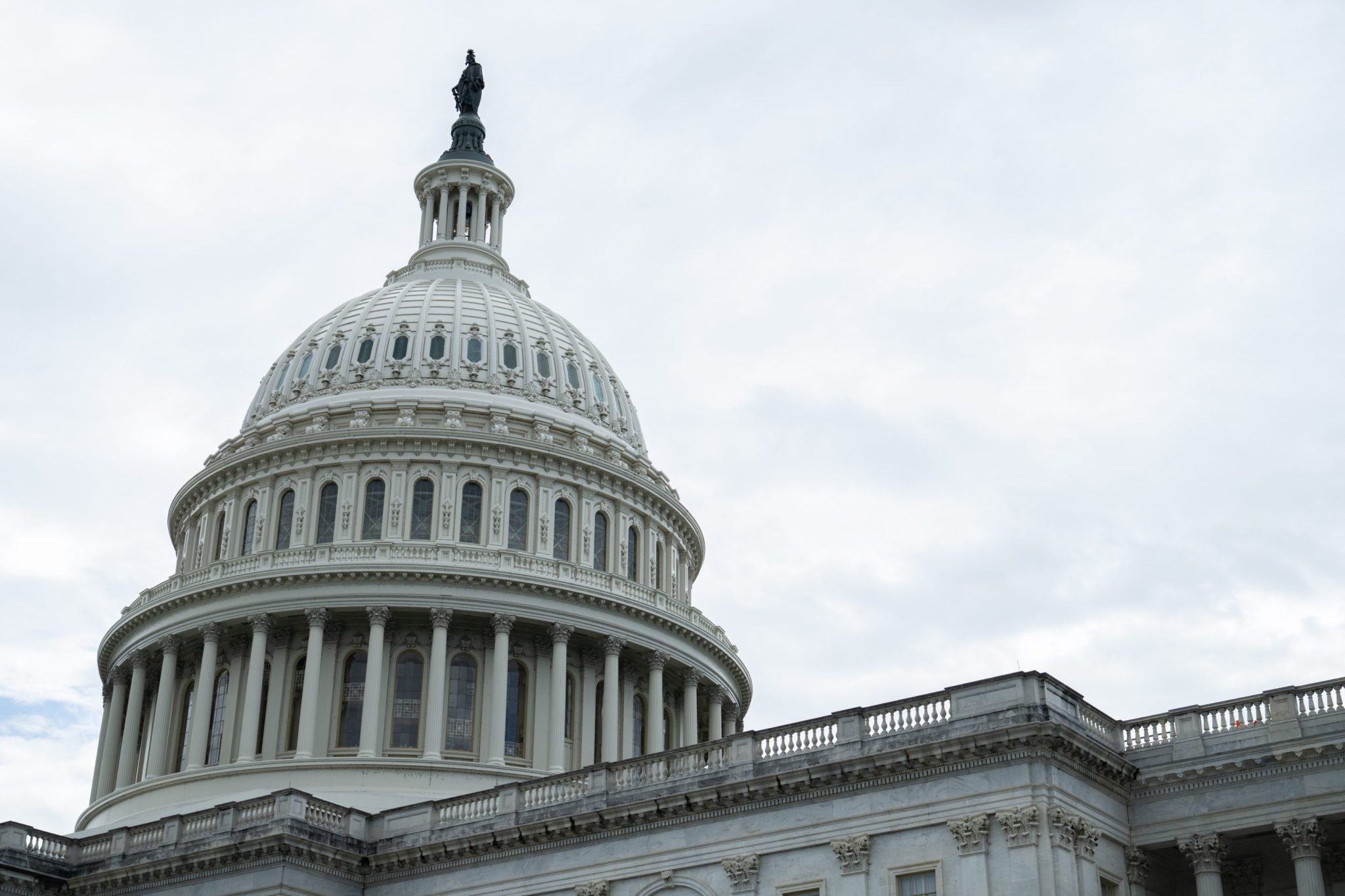





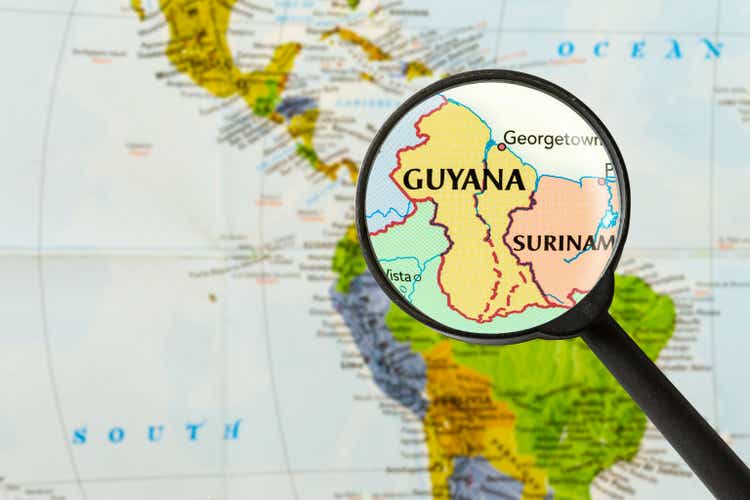

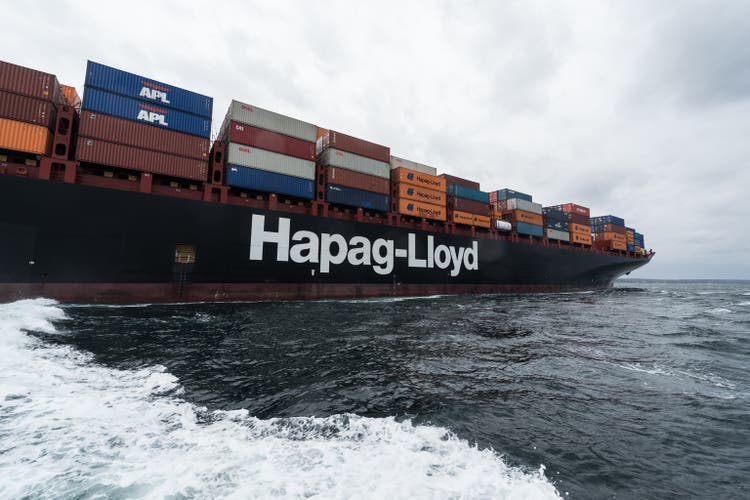

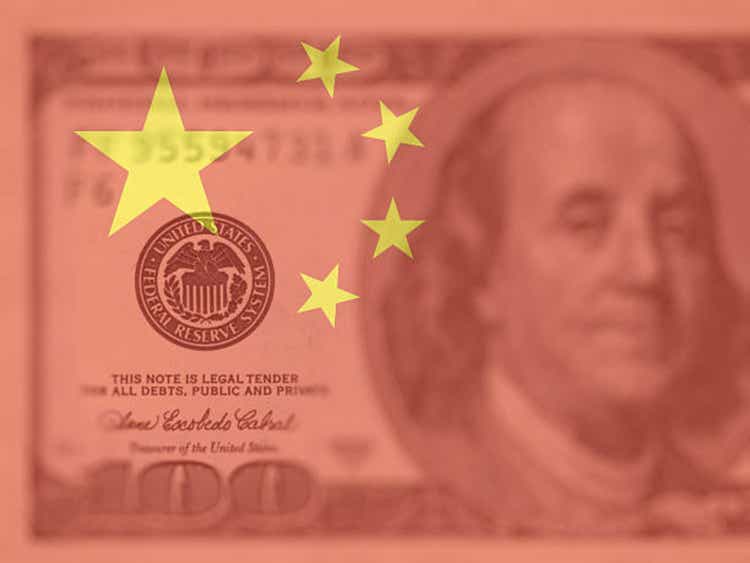



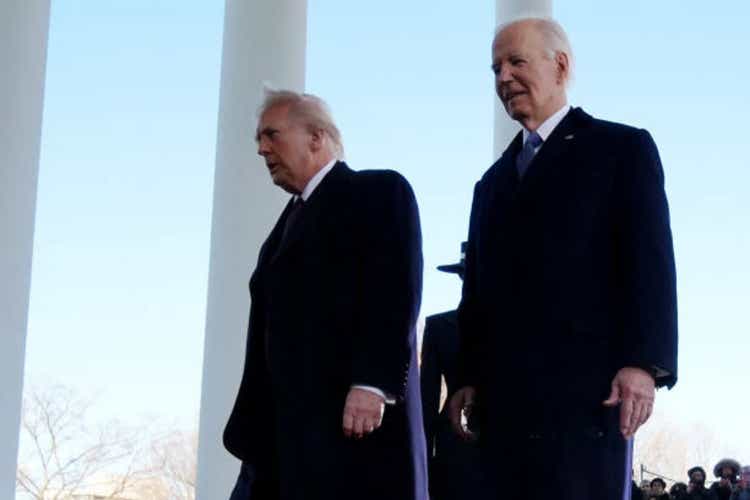



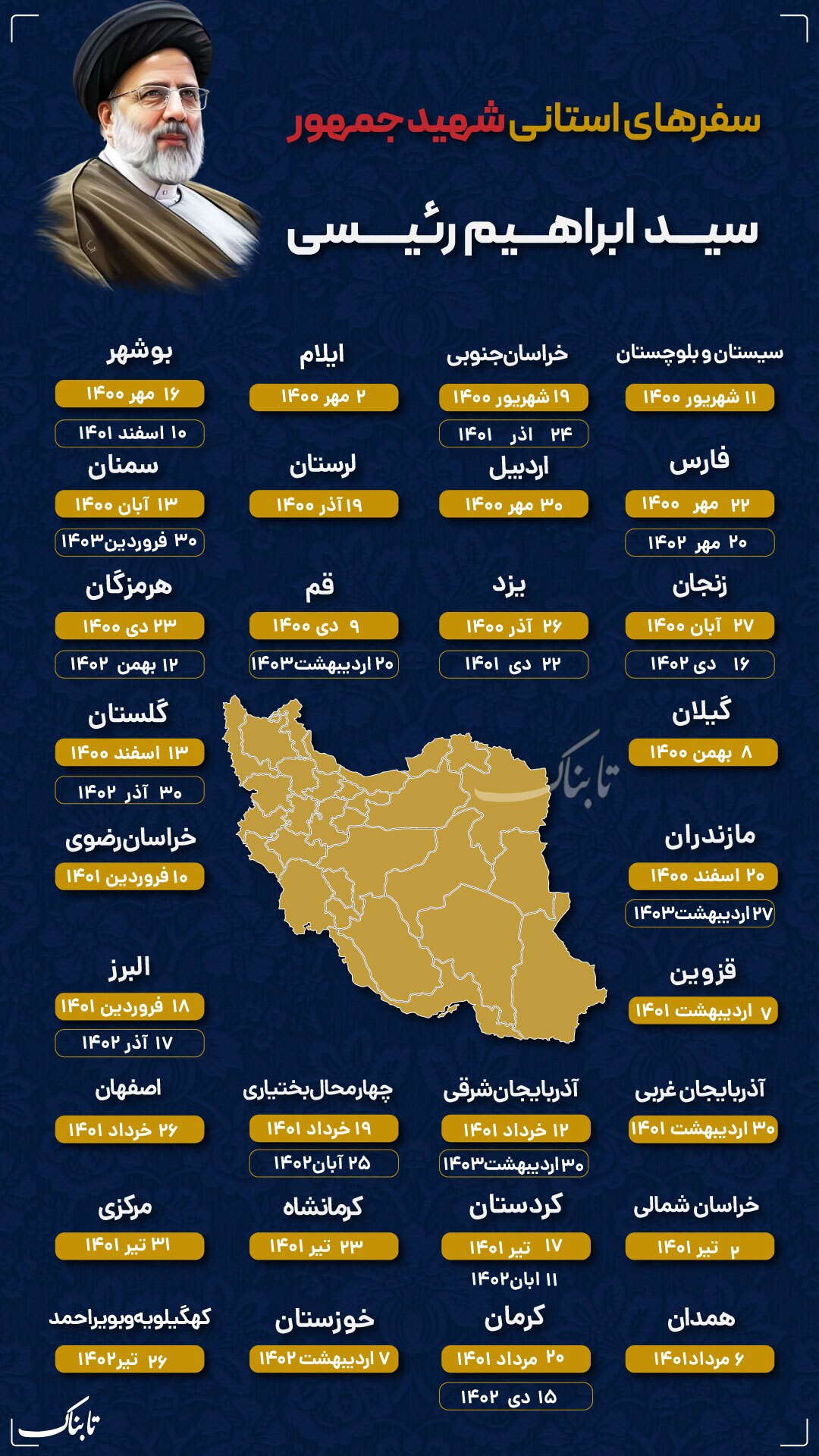
 English (US) ·
English (US) ·